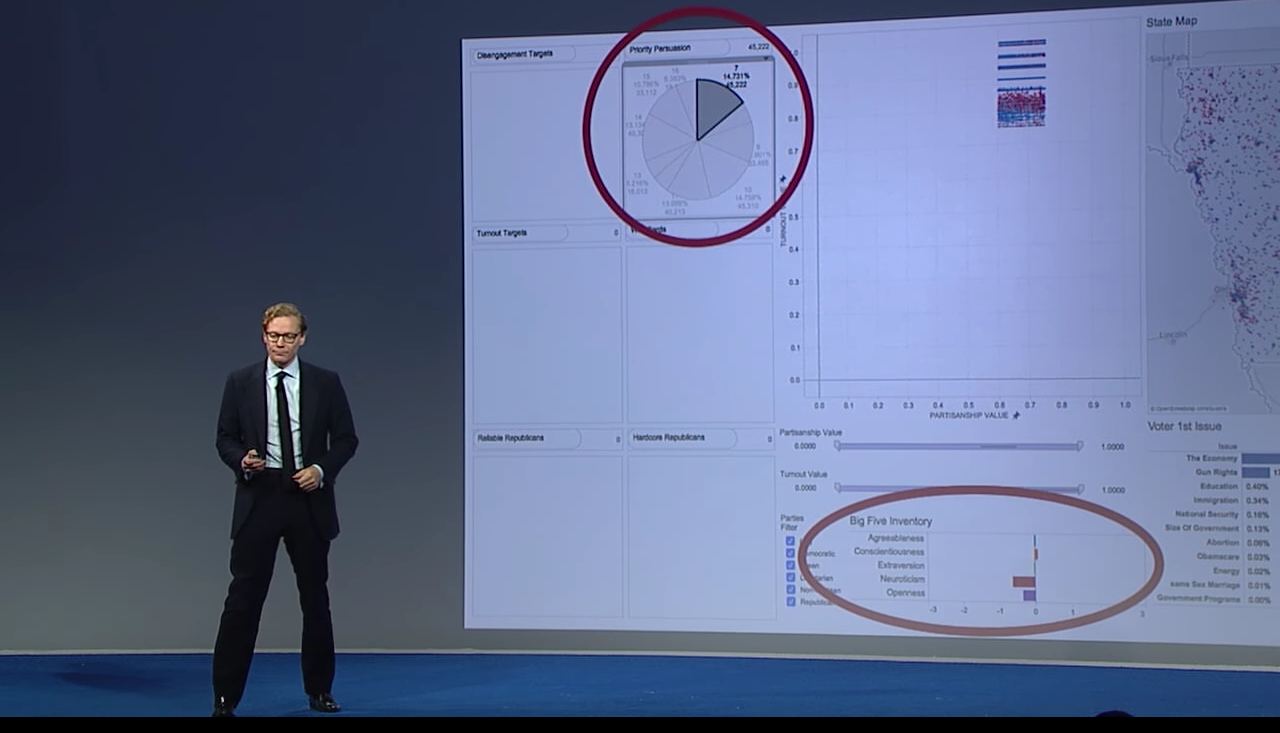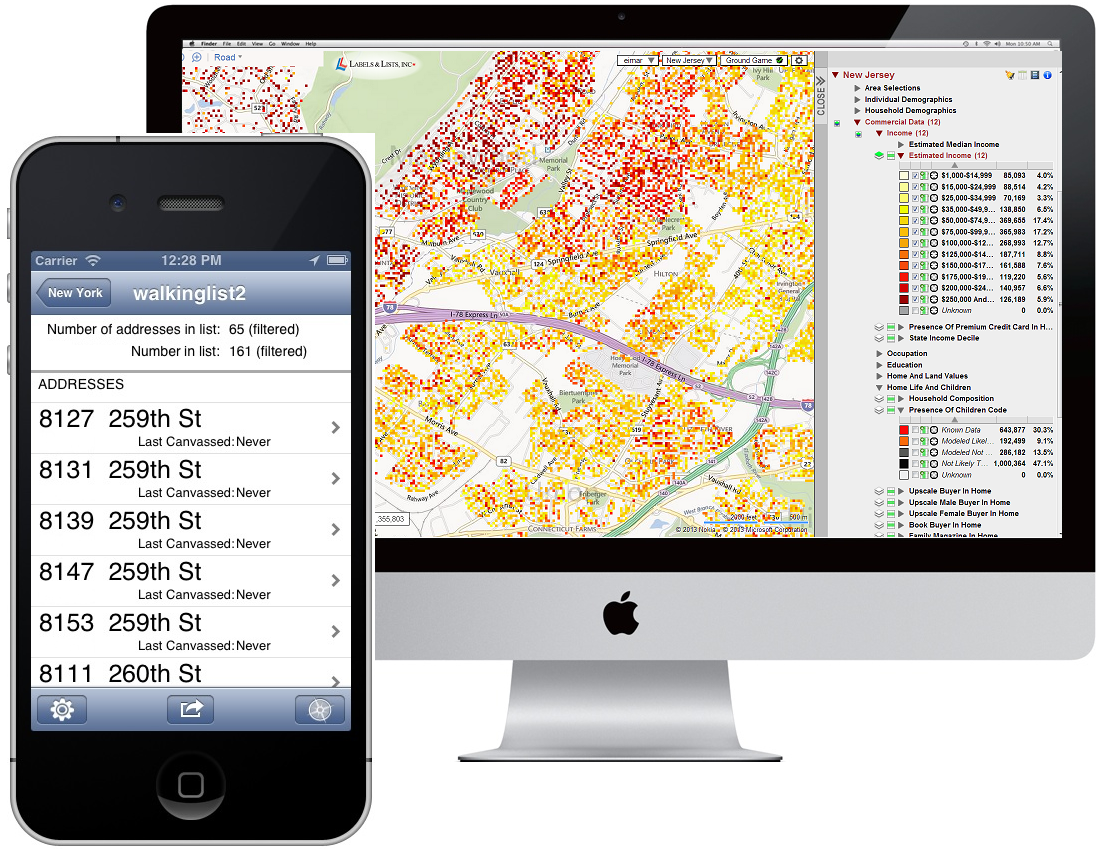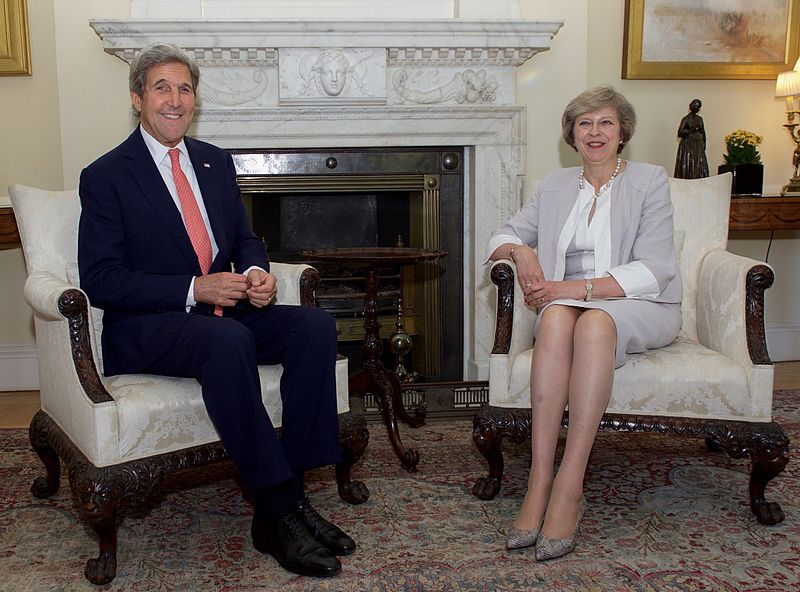Berlin is using a ‘grossly undervalued’ euro to gain advantage over trading partners, says Navarro
Germany is using a “grossly undervalued” euro to “exploit” the US and its EU partners, Donald Trump’s top trade adviser has said in comments that are likely to trigger alarm in Europe’s largest economy.
Peter Navarro, the head of Mr Trump’s new National Trade Council, told the Financial Times the euro was like an “implicit Deutsche Mark” whose low valuation gave Germany an advantage over its main trading partners. His views suggest the new administration is focusing on currency as part of its hard-charging approach on trade ties.
In a departure from past US policy, Mr Navarro also called Germany one of the main hurdles to a US trade deal with the EU and declared talks with the bloc over a US-EU agreement, known as the Transatlantic Trade and Investment Partnership, dead.
Angela Merkel, the German chancellor, responded to Mr Navarro’s allegations, saying Germany could not influence the euro. At a press conference in Stockholm with Stefan Lofven, Sweden’s prime minister, Ms Merkel said Germany has always “supported an independent European Central Bank”.
The Trump administration has publicly declared it prefers bilateral trade deals rather than the broad multilateral accords pursued by Barack Obama, Mr Trump’s predecessor. Mr Trump last week also withdrew from a 12-country Pacific Rim deal negotiated by Mr Obama.
“A big obstacle to viewing TTIP as a bilateral deal is Germany, which continues to exploit other countries in the EU as well as the US with an ‘implicit Deutsche Mark’ that is grossly undervalued,” Mr Navarro said. “The German structural imbalance in trade with the rest of the EU and the US underscores the economic heterogeneity [diversity] within the EU — ergo, this is a multilateral deal in bilateral dress.”
Germany’s large trade surplus with the US and much of the eurozone has been a point of friction in Brussels and Washington for several years, with both capitals calling for Berlin to stimulate domestic demand to rebalance its economy.
Critics have argued Berlin has disproportionally benefited from weakness in the rest of the eurozone, which has held the euro lower than other regional currencies, like the Swiss Franc, making German exports cheaper in overseas markets like China and the US.
Despite those differences, most debate over German economic policy during the Obama administration was cloaked in diplomatic language; Mr Navarro’s comments highlight a growing willingness by the Trump administration to antagonise EU leaders and particularly the German chancellor.
Besides publicly supporting the British government in its negotiations with the EU over the terms of its exit, Mr Trump called the EU a vehicle for Germany, and Nato an obsolete alliance.
Mr Navarro’s intervention follows a visit to Washington last week by Theresa May, the British prime minister, in which she and Mr Trump discussed ways to launch negotiations for a US-UK trade deal. Mr Navarro said the Brexit vote marked the death knell of a US-EU deal; Britain had been one of the pact’s leading advocates.
“Brexit killed TTIP on both sides of the Atlantic even before the election of Donald Trump. I personally view TTIP as a multilateral deal with many countries under one ‘roof’,” Mr Navarro wrote in emailed responses to FT questions.
Although criticisms of German economic policy have been a staple of Group of 20 gathering since the height of the eurozone crisis, the view Berlin is intentionally advocating a weak euro to its own economic benefit is not widely shared.
The euro has weakened against the dollar over the past two years as the paths of the central banks of the two currency zones have split. The European Central Bank’s mass bond-buying programme has weakened the single currency, while rate hikes by the US Fed has strengthened the dollar.
But Berlin has been a leading critic of the ECB’s strategy. The Bundesbank has called for an end to bond buying, while lawmakers have pushed for higher rates — both measures which would strengthen the euro.
Mr Navarro said one of the administration’s trade priorities was unwinding and repatriating the international supply chains on which many US multinational companies rely, taking aim at one of the pillars of the modern global economy.
“It does the American economy no long-term good to only keep the big box factories where we are now assembling ‘American’ products that are composed primarily of foreign components,” he said. “We need to manufacture those components in a robust domestic supply chain that will spur job and wage growth.”
Mr Navarro, who served as an adviser to the Trump campaign, all but endorsed an import tax plan pushed by Republican leaders in the House of Representatives that has split the US business community. The proposal would eliminate companies’ ability to deduct import costs from their taxable revenues while making any export revenues tax-free. It drew attention last week when the White House pointed to it as one way in which it could pay for a wall on the Mexican border.
Exporters such as General Electric have hailed the switch to a “border adjustable” system as putting them on an equal footing with international competitors that are able to claim value added tax refunds on their exports. Retailers such as Walmart and other import-dependent businesses, however, say that what would amount to 20 per cent tax on imports would raise consumer prices and hurt their businesses.
“The unequal treatment of the US income tax system under biased WTO [World Trade Organisation] rules is a grossly unfair subsidy to foreigners exporting to the US and a backdoor tariff on American exports to the world that kills American jobs and drives American factories offshore,” Mr Navarro said. “President Trump promised during the campaign he would put an end to this unfair treatment of our income tax, and the House border adjustable proposal offers one possible option among several.”
Mr Navarro rejected the argument that US consumers would end up paying the cost of such a tax change. That was “an old and tired argument the globalist wing of the offshoring lobby has used for years to put Americans out of work and depress wages by shipping our jobs offshore”.
“We prefer paychecks to welfare checks for the American people and a robust middle class with rising wages,” he said.
Proponents argue that at least some of the impact on consumers would be absorbed by a one-time appreciation in the dollar. That in turn, they concede, could also impact on US export competitiveness and lead to a widening of the US trade deficit with the world, which the Trump administration has vowed to reduce.
Mr Navarro, however, said he was not concerned about the possibility of a stronger dollar and its impact on US exports.
“I worry about the actual impact America’s trade deficit in goods is having on our rates of economic growth and income growth.”
Comentarii
Negative carry
If anyone was confused about why the EU exists and the reasons its a good idea, then this Navarro person has just given it to you. Trump wants the EU to dissolve because he knows that he can negotiate a better deal against the parts rather than the whole. He is sending out his staff to attack and divide. Once you Brexit, you will be another state of the US in all but name. Your negotiation position and the deal you think you will have struck will be at the whim of an intellectual 8 year old.
If ever there was a time for security in numbers, this is it. " Dark times loom, bad people are coming...."
Tony Islington
The reason why Germany performs so well at trade is because it has world class companies making world class products supported by world class education.
When BMW hired American workers for their plant in South Carolina they had to train some of the recruits using pictures because their level of reading was so poor. The United States needs to sort this out before it lectures more successful countries.
NP1978
Yes, Germany is beneficiary of the Euro - but the markets determine the value, and the European Central Bank is like the BoE, independent.
These are just more awful statements from the right of the hard right of the Republican Party - they do not like unity, and like their English cousins, look to sow division. They know that division means more superiority for their country. It is tried and tested.
To think the English led UK want to bestow the privilege of a State Visit to an administration that looks to create such a mess on our own continent, just shows what equally awful people are running the UK, at the most critical time.
Pmar
Trump is an unmitigated idiot. He paints America as a victim of globalisation. America is not only the architect, having imposed the design to anybody else, but it is also the biggest winner: we are surrounded but US products, technology, financial and consulting services and culture. The issue is not that the US is a victim, it has on balance benefited massively from the trend. It is that the winners (among whom Trump and his billionaire, Goldman and private equity / hedge fund buddies) have taken all the spoils and left nothing to the losers. This is a domestic matter, and from what I see, this is continuing. For sure his buddies are doing well, I am not sure if anything will trickle down. But that does not sell well, so scare people, attack the immigrants, accuse Germany, China, Mexico, of all the evils, and swipe you sh... under the carpet.
Pathetic infrastructure, schools, mass education. Yes, look at Germany, with their apprenticeship systems have really managed to defend their industries and craftsmanship. Looks at the Scandinavian, they are investing in their people (and yes, they are taxing them as well). Anglo-Saxons of the world, you could learn from that instead of giving B.S. lessons to the world, instead of voting for Brexit or Trump.
The worst are the naïve fools who voted from Trump not because they share his values (or lack thereof) but because they think he is a talented business man, a pragmatic, a man of success... you can always agree a deal with a business man, close a transaction. Or don't worry, he does not mean what he says.
No, he is a madman combining paranoia with narcissism. His policies are repulsive. He surrounds himself with dangerous well-to-do fascistic ideologues (they have enough cash in the bank not to worry about the consequence of their folly). He is slowly destroying decency and fairness. And America is powerful enough to do a lot of damage. Shame on you.
loveft
Dear Peter and Donald,
Germany is an export powerhouse because she makes great, fantastic, beautiful, amazing, and stupendous products that are smart, brilliant and innovative. Its nimble and highly efficient Mittelstand companies combined with a highly educated and disciplined workforce have made Germany into the great country that it is today - and a true engineering mecca.
In case you still don't get it, the kinds of products that Germany makes and sells are relatively price inelastic. Customers want engineering solutions that can work and are easy to work with no matter what the prices are! The trade surplus that Germany enjoys is therefore structural, not mercantilist. Just a little side note, Germany still did have a trade surplus even when 1 euro is worth 1.50 American dollars.
You could blame Germany, Mexico, China or the world for the decline of America's manufacturing/engineering industry but that will not help to improve American competitiveness, productivity, innovativeness, and quality of labor workforce. Shame that you have to resort to petty threat and malicious divide-and-rule strategy to bully other countries, including your own (ex) allies. What a sore loser.
Paul N. Goldschmidt
It is now clear why Donald Trump is pushing EU breakup: by attacking the "weak" € as a proxy for the DM it creates a wedge between Eurozone Members, the vast majority of which have benefitted from a weaker €. Surely, the right answer is deeper Eurozone integration and suitable measures to protect the single market. Only at the level of the single market with its 500 million consumers can we afford to treat the "external" value of the € with the same "benign neglect" as the USA do with their currency and 320 million domestic consumers. If we return to national currencies we will become totally dependent on the Dollar for international trade and will put the burden of adjustments on the Europeans by resorting to competitive devaluations. No wonder Trump backs EU breakup
peromaneste: Navarro este unul din consilierii electorali ai lui Trump, acum responsabil cu politica americana comerciala. Din ce a scris/spus pana acum, ne dam seama ca este un avocat al Pivotului catre Asia--ceea ce inseamna ca Europa romaneasca isi va relua cursul agreat de Bush I & Gorbi.
Dati click aici pentru o discutie din 2015 despre o recenta carte a sa (Crouching Tiger: What China's Militarism Means for the World)
5.0 out of 5 stars A fascinating book on China's growth and its military ambitions, January 4, 2016
By SM
A must read book for policy makers, politicians and anyone concerned about World order with China emerging as a super power intent on dominating Asia and its neighbors. By enabling China economically through free trade, US opened door for China to invest heavily into defense and get on par with US. A real conflict may be the horizon unless US reevaluates its military strength and make strong alliances in Asia and keep an active engagement. China is already pushing boundaries on what it considers its national waters by artificially building up islands and its own forward bases. With distractions in Middle East, US is unable focus on its strategy to Pivot to Asia. With not so strong economy, costly wars, and declining military spend, US may have no choice and pull back from Asia. If that ever happens, it will be a disaster for China's neighbor countries like Japan, Taiwan, Philippines and India. If US were to slow down China's military growth, it needs to revisit trade policies and balance its trade, improve domestic manufacturing, diversify trade with other countries like India with military alliances.
1.0 out of 5 stars Crouching hawk, November 29, 2015
By Hande Z
I agree with the previous reviewer who gave this a one star. It is difficult to be impartial about this book. It is a four star or a one star. The book is supposedly based on interviews with more than thirty experts but it is not known what the experts say but from the snippets of quotations from some of these experts, it is evident that they are all anti-China 'experts'. The questions posed at the top of each chapter are not only loaded but many are hypocritical. For example the ones in chapter 39 in which Navarro asks: 'Which of these statements most accurately characterizes China's perspective on transparency, negotiations, and the rule of law: 1. China likes to build direct communication links to minimize tensions and avoid miscalculations; 2. China favours transparency when it comes to revealing its military capabilities; 3. China prefers to operate in a multilateral, rather than bilateral, negotiating framework and does not seek to gain leverage over smaller nations; 4. China plays strictly within the rules of international organizations such as the United Nations and World Trade Organization; 5. China has a strong track record in abiding by the agreements that it negotiates. The answers are virtually 'None of the above'. The same can be said if one were to substitute 'America' for 'China' - only America may appear an even bigger version of the depicted China.
The author has a photograph of Chinese soldiers sitting in front of computer screens and the caption was: 'A platoon of China's more than one hundred thousand cyber warriors. From digital sweatshops like these China infiltrates the computers of the Pentagon and American industry with computer viruses, Trojans, and worms.' The books also refer to American environmentalists and human rights activists as 'those pesky' environmental and human rights activists'. This is not just another 'China bashing' book. It reads like a voice-over of Donald Trump. It is a disservice to both China and America.











